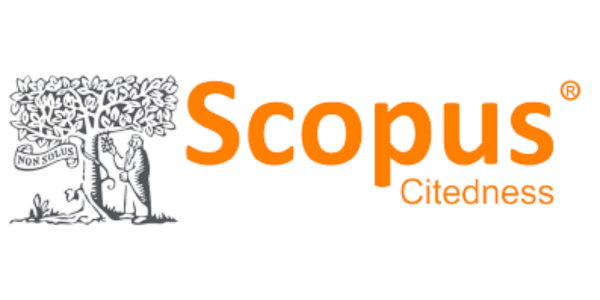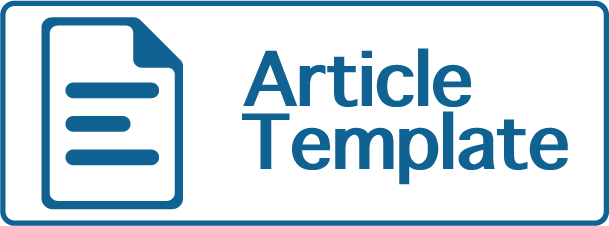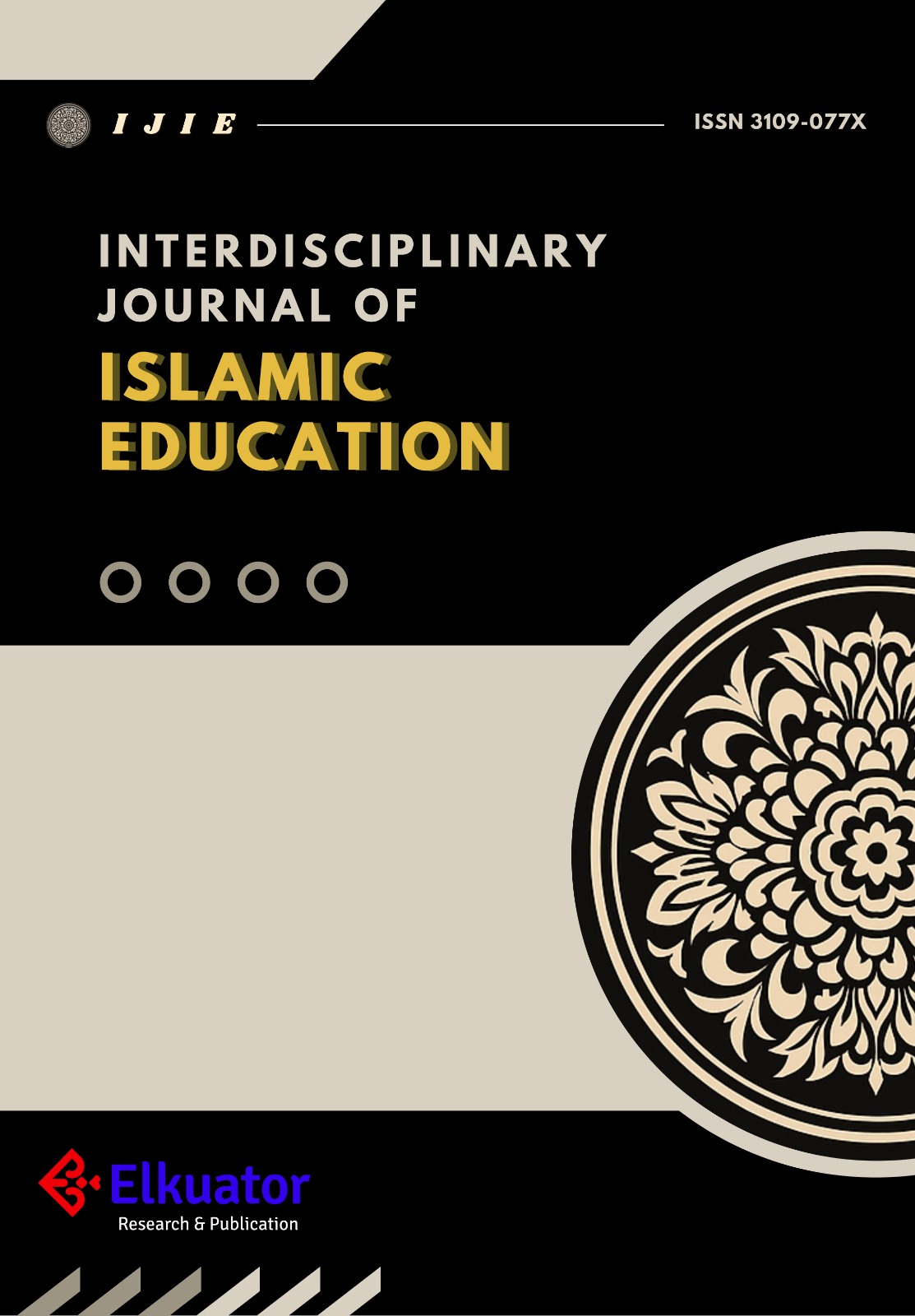- ADDITIONAL MENU
- Aim and Scope
- Author Guidelines
- Reviewer Guidelines
- Peer Review Process
- Publication Ethics and
Malpractice Statement - Retraction, Withdrawal,
and Correction Policies - Plagiarism Policy
- Copyright and Licensing
- Publication Frequency
- Publication Fee
- Open Access Policy
- Archiving
- Revenue Sources, Advertising,
and Marketing - Generative AI Policies
RETRACTION, WITHDRAWAL, AND CORRECTION POLICIES
Policy Statement
We understand that authors put significant effort into preparing manuscripts, and our peer-review processes reflect that commitment. However, there are instances when published articles need to be withdrawn or corrected for scientific reasons. These actions should be taken seriously and only under exceptional circumstances to maintain the credibility of our electronic archives. Our commitment and policy aim to uphold the integrity and completeness of crucial scientific records for the benefit of researchers and library archives.
Retraction
The Indonesian Journal of Sharia and Socio-Legal Studies is dedicated to preserving the integrity of the scholarly record. Consequently, there may be occasions when it becomes necessary to retract articles. Articles may be retracted if:
- A significant scientific error would render the article's conclusions invalid, such as clear evidence of unreliability due to misconduct (e.g., data fabrication or citation manipulation) or honest errors (e.g., miscalculations or experimental errors).
- The findings have been previously published elsewhere without proper cross-referencing, permission, or justification, constituting cases of redundant publication.
- Ethical concerns, such as plagiarism (the appropriation of another person's ideas, processes, results, or words without appropriate credit, including those obtained through confidential review of others' manuscripts) or inappropriate authorship, arise.
To ensure that retractions adhere to best publication practices and follow COPE Retraction Guidelines, the Indonesian Journal of Sharia and Socio-Legal Studies follows this retraction process:
- An article that may require retraction is brought to the attention of the journal editor.
- Following COPE flowcharts, the journal editor follows step-by-step guidelines (including evaluating a response from the author of the article in question).
- Before any action is taken, the editor's findings are submitted to the Ethics Advisory Board to ensure a consistent approach in line with industry best practices.
- The final decision regarding retraction is communicated to the author and, if necessary, other relevant parties, such as the author's institution on occasion.
- The retraction statement is then posted online and published in the next available issue of the journal (see below for more details about this step).
- Please note that if authors retain copyright for an article, they automatically have the right to retract it after publication. The integrity of the published scientific record is of paramount importance, and COPE's Retraction Guidelines still apply in such cases.
Article Withdrawal
The Indonesian Journal of Sharia and Socio-Legal Studies allows authors to withdraw submitted manuscripts as long as they have not signed the manuscript declaration once the manuscript has been accepted for publication. Since authors would be asked to sign the declaration once the manuscript is accepted, withdrawal can only be requested during the submission and review stages. Authors can send a letter directly to the journal's email indicating their intention to withdraw the detailed manuscript.
Article Correction
The Indonesian Journal of Sharia and Socio-Legal Studies may consider issuing a correction if:
- A minor portion of an otherwise reliable publication contains flawed data or proves to be misleading, especially if this results from an honest error.
- The Author or Contributor list is incorrect, such as a deserving Author being omitted or someone who does not meet authorship criteria being included.
Corrections to peer-reviewed content fall into three categories:
- Publisher correction (erratum): To inform readers of a significant error made by publishing/journal staff (typically a production error) that impacts the publication record, scientific integrity, or the reputation of the Authors or the journal.
- Author correction (corrigendum): To inform readers of a critical error made by the Authors that adversely affects the publication record, scientific integrity, or the reputation of the Authors or the journal.
- Addendum: An addition to the article by the Authors to address inconsistencies, expand on the existing work, or provide explanations or updates regarding the information in the main work.
The decision on whether a correction is warranted is made by the Editor(s) of the journal, sometimes with input from Reviewers or Editorial Board members. Handling Editors will contact the Authors of the paper in question with a request for clarification, but the final decision about whether a correction is necessary and which type rests with the Editors.
Article Removal
In rare cases, it may be necessary to remove a published article from our online platform. This action would only be taken if an article is defamatory, infringes on others' legal rights, is subject to a court order, or poses a severe health risk. In such circumstances, the article's metadata (title and author information) will be retained, but the text will be replaced with a notification indicating that the article has been removed for legal reasons.
Article Replacement
In situations where an article, if acted upon, may pose a severe health risk, the Authors of the original paper may choose to retract the flawed original and replace it with a corrected version. In such cases, the procedures for retraction described above will be followed, with the difference that the article retraction notice will include a link to the corrected re-published article along with a history of the document.















